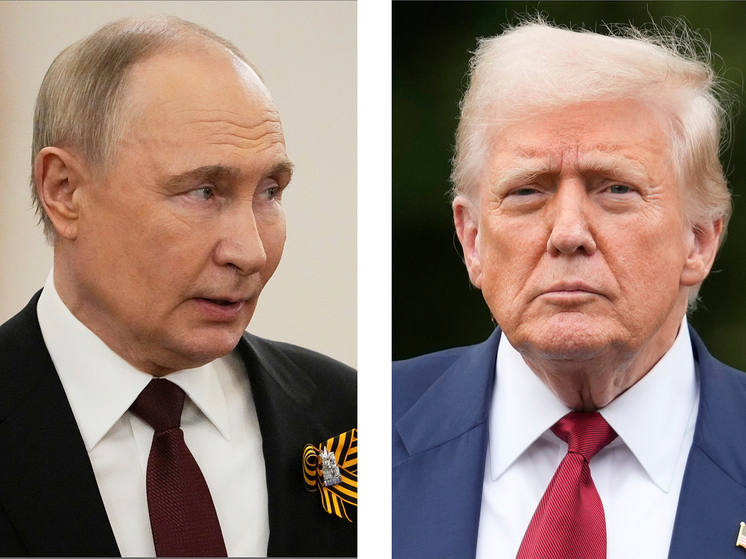"At least the sanctions pressure will not increase": experts predict the effect of the Putin-Trump meeting

Trump, Putin to meet in Alaska on August 15 after 'great progress' in dialogue
For the first time since 2021, the leaders of Russia and the United States will meet in person – on August 15 in Alaska. According to Donald Trump, the talks will be “very productive,” without preconditions and with an emphasis on resolving the Ukrainian conflict. But the date of August 8 remains in focus: it was by this day that the American president issued a tough ultimatum to Moscow – to achieve peace in Ukraine or face new sectoral sanctions and 100% duties. So far, there are no restrictions, and Washington is talking about “great progress.” Economists have assessed what to expect from the summit – and from the threats of sanctions.

test banner under the title image
Donald Trump outlined a simple but tough formula back in July: peace in Ukraine by August 8 or a new package of sanctions against Russia, including 100% duties on countries buying its oil. His ultimatum has expired, but no official decisions have been made yet.
On the contrary, Washington's rhetoric has noticeably softened in recent days. On August 6, Trump's special representative Stephen Witkoff arrived in Moscow and held three-hour talks with Vladimir Putin in the Kremlin. According to Russian presidential aide Yuri Ushakov, the conversation was "useful and constructive." The American leader himself soon announced "great progress" and promised to work with allies on a peaceful settlement in the coming days.
Moreover, Trump on his social network Truth Social named the place and time of the “long-awaited meeting” with his Russian counterpart – the state of Alaska, August 15. And Ushakov confirmed this.
The last time the heads of the two states met was in 2021 in Geneva, when Joe Biden sat down at the negotiating table with Vladimir Putin. The current agenda looks even more complex: from a ceasefire in Ukraine to the possible lifting of some sanctions and the restoration of trade and economic ties.
Economists differ in their assessments of what can be expected from the upcoming summit. Aleksandr Razuvaev, a member of the supervisory board of the Guild of Financial Analysts and Risk Managers, believes that the very fact of a personal meeting will be a signal of serious agreements: “If the meeting takes place, it means there is something to sign. We will probably win a truce first, and then a peace agreement. Sanctions have little effect on the macroeconomy in the short term, but in the long term they seriously affect investments and productivity. Therefore, if agreements are reached, the stock market will receive a strong impetus for growth. Inflows into Russian stocks and bonds are possible. For the economy as a whole, the end of the conflict is positive, although the reduction in defense spending could have a painful impact on a number of industries. I am sure that the authorities will be able to compensate for these social effects.”
Razuvaev does not rule out symbolic steps on the part of the US, including discussions of investment projects in Russia – from large infrastructure to development initiatives.
Doctor of Economics, former Deputy Minister of Economic Development of the Russian Federation Alexey Vedev assesses the prospects more cautiously: "We can expect that the sanctions pressure will at least not increase. But there will be no macroeconomic effect in the near future: we have already entered a phase of slowing growth, revision of business models and restrained investment activity. Financial markets will, of course, react positively if preliminary agreements appear, but this is more likely a short-term impulse than a long-term trend."
Experts also point out that it is important for Washington to prevent a scenario of a trilateral meeting between Vladimir Putin, Donald Trump and Chinese President Xi Jinping at the celebrations in Beijing in late August - early September. The urgent organization of a bilateral summit may be connected precisely with this.
Thus, the coming days will be a test of what will prevail - the logic of a tough ultimatum or the inertia of diplomatic dialogue. For the markets, this is a game of expectations: the sanctions that have not yet been announced are keeping everyone on edge, and the very prospect of a personal meeting between the leaders of the two countries is on their toes.

mk.ru




